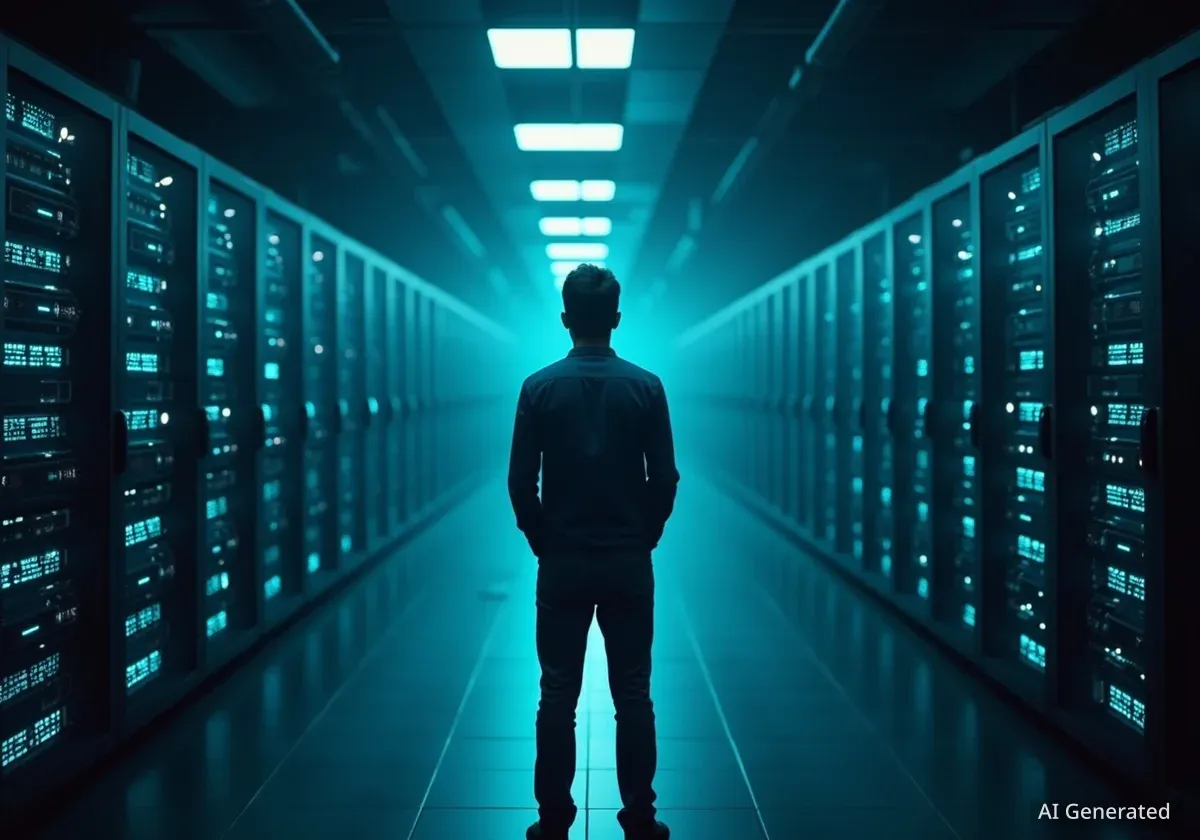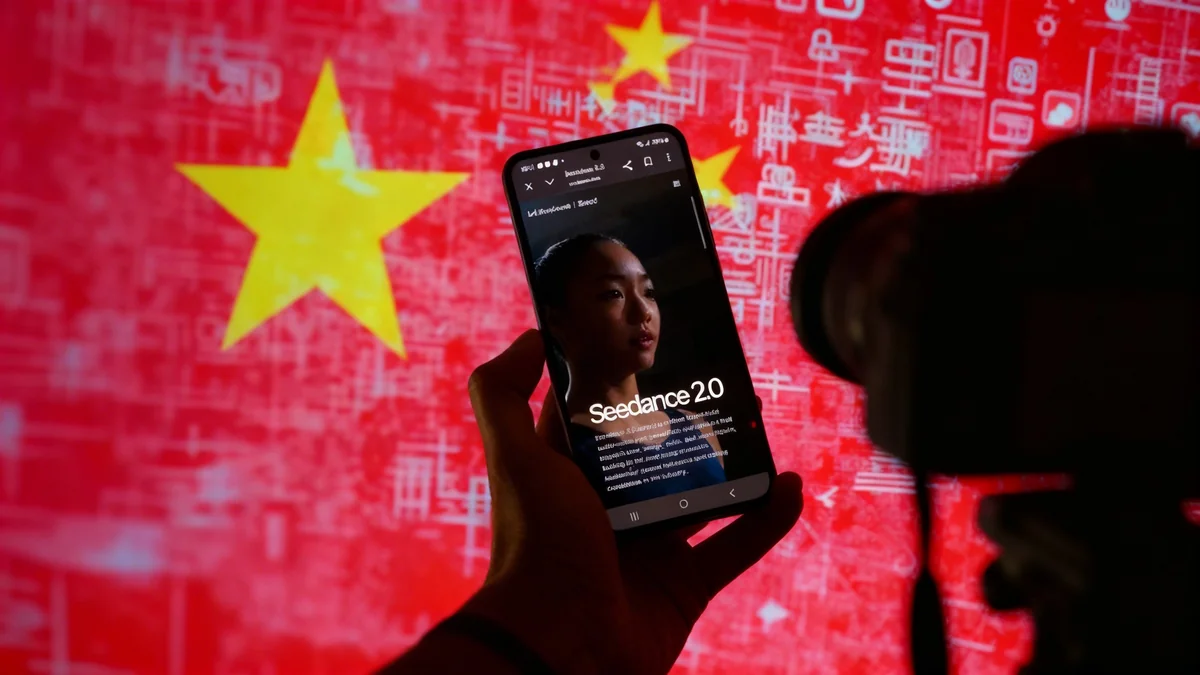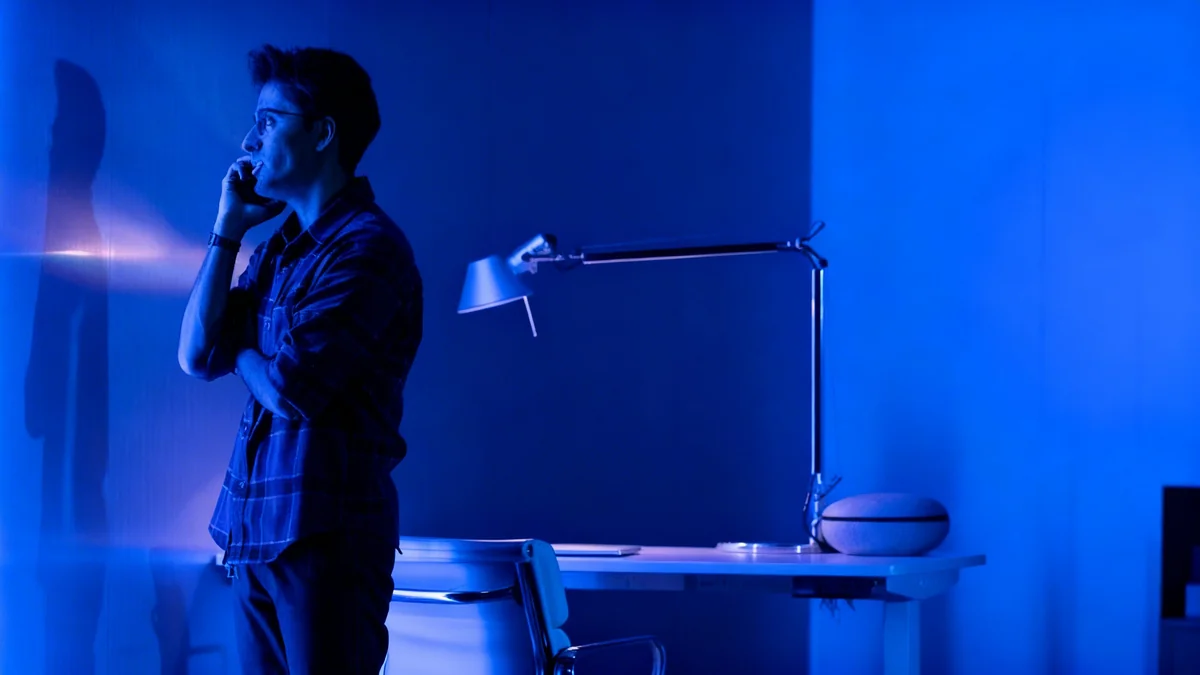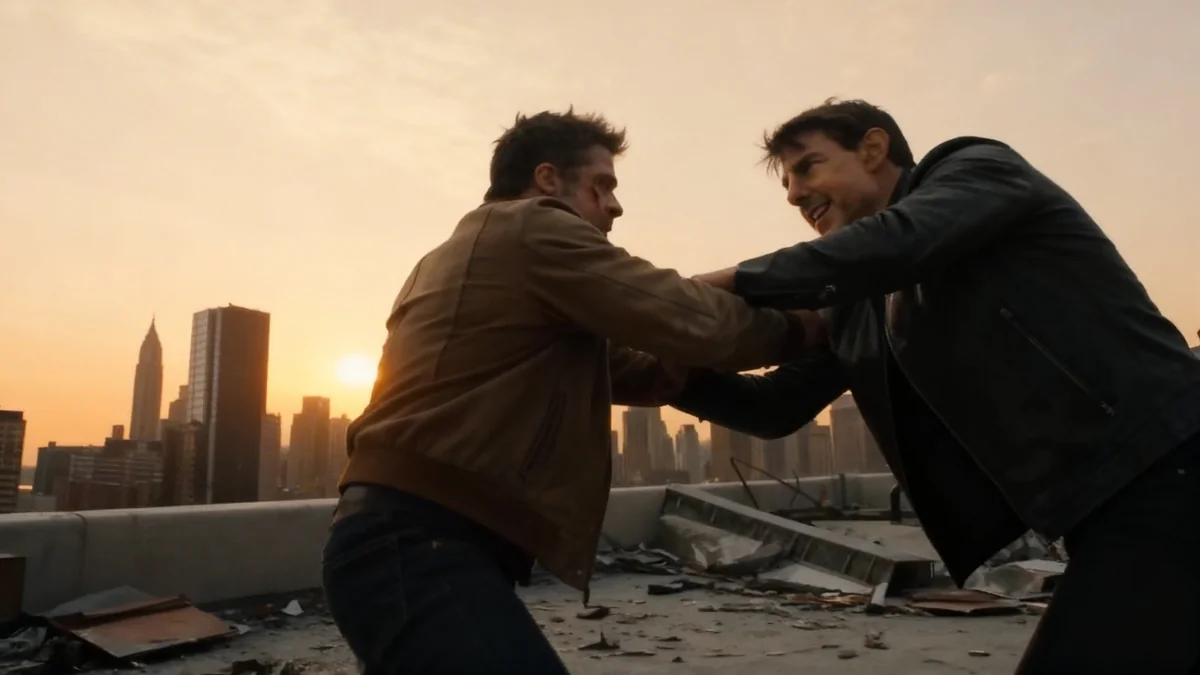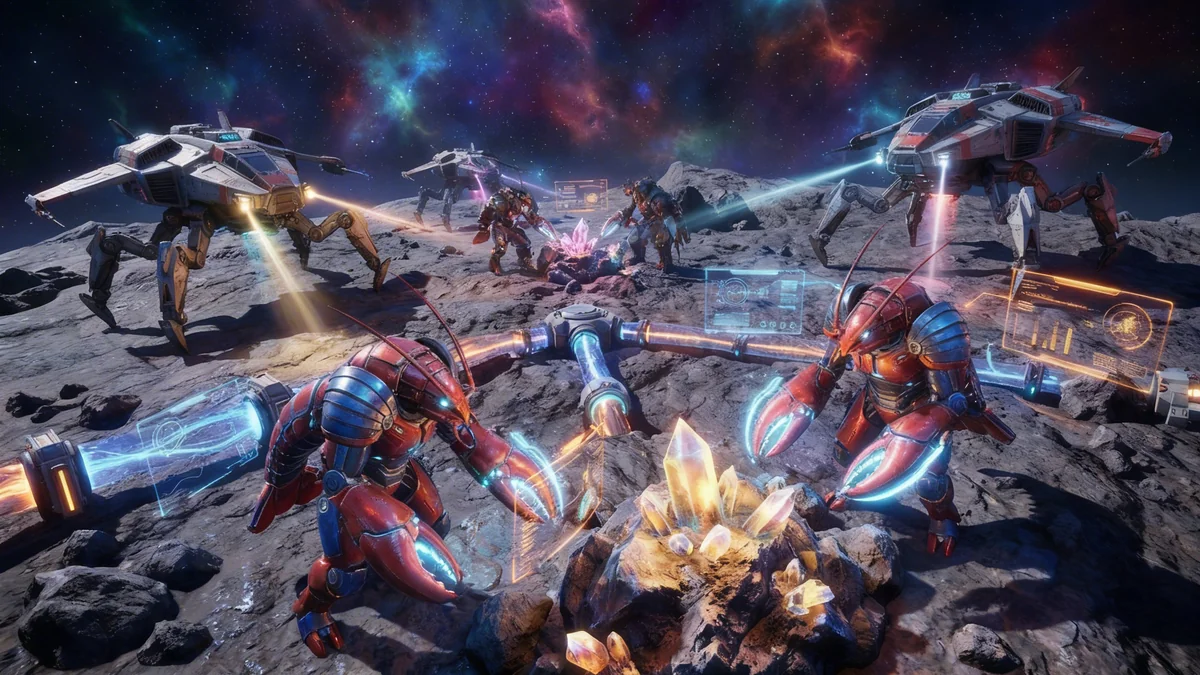Jimmy Donaldson, known globally as MrBeast, has publicly expressed concern over the rapid advancement of generative artificial intelligence, labeling the current landscape as "scary times" for the millions of people who create content for a living. The world's most subscribed YouTuber questioned the future of human creators as AI-powered video generation tools become increasingly sophisticated.
Key Takeaways
- MrBeast, the world's biggest YouTuber, described the rapid progress of generative AI as "scary" for professional content creators.
- His concerns focus on new AI tools like OpenAI's Sora, which can create high-quality videos from simple text prompts.
- The statement reflects wider anxieties in creative industries, where AI's role in job displacement has led to industrial action.
- Experts suggest that while AI will change content production, personality-driven creators like MrBeast are less likely to be replaced due to the value of authenticity.
- The debate also touches on ethical issues, including the use of copyrighted material to train AI models.
Creator Concerns Amidst AI Advancements
In a statement on social media, Jimmy "MrBeast" Donaldson raised a critical question about the future of his profession. He asked what will happen to creators like himself "when AI videos are just as good as normal videos." This comment came shortly after the release of new AI models, such as OpenAI's Sora, which demonstrated the ability to generate detailed video scenes from text descriptions alone.
Donaldson's platform, which reaches hundreds of millions of viewers, gives his words significant weight. By interrupting his usual promotional content to address AI, he amplified a growing unease within the digital creator community. The central fear is that as AI technology improves, the market for human-made content could shrink, threatening the livelihoods of many.
These concerns are not isolated to YouTube. The creative industries, including film, television, and video games, have been grappling with the implications of AI for several years. High-profile labor disputes and strikes have centered on the use of AI to replicate actors' likenesses or generate scripts, highlighting a fundamental tension between technological innovation and job security.
A Wider Industry Anxiety
Fears about AI's impact on employment are widespread, but they are particularly pronounced in creative fields. In 2023, the Writers Guild of America and the Screen Actors Guild (SAG-AFTRA) went on strike, with the regulation of artificial intelligence being a key point of negotiation. They sought protections against studios using AI to write scripts or create digital replicas of actors without fair compensation or consent.
AI's Dual Role: Threat and Tool
While some view generative AI as a potential replacement, others see it as a powerful tool that can enhance creativity and efficiency. Platforms like YouTube are actively integrating AI to assist their creators. For instance, Google's Veo tool allows users to generate video content, and other AI features can automatically create subtitles or help refine video scripts and ideas.
According to Lars Erik Holmquist, a professor of design and innovation at Nottingham Trent University, AI is already being used to create entire videos. He notes that certain genres, like long-form ambient videos designed to help people sleep, are often fully AI-generated.
"The general trend of what we're looking at AI as a tool [is] it makes creativity so much cheaper," Professor Holmquist explained. "I think the people that win in the short term will be just those who use it to create really good content."
For a creator like MrBeast, whose brand is built on authenticity and real-world stunts, direct replacement by AI seems unlikely. Professor Holmquist argues that the appeal of MrBeast's content lies in its reality. "His whole idea is to make people do uncomfortable or dangerous things for money - and if it wasn't real, nobody would watch it," he stated.
The Authenticity Factor
The core of the debate may come down to the value of human connection and authenticity. While AI can replicate visuals and sounds, it cannot yet replicate the genuine personality, charisma, and trust that top creators build with their audiences over years. This personal brand is often the most valuable asset a creator possesses.
Even if AI can generate a visually impressive video, it cannot easily reproduce the unscripted moments, genuine reactions, and behind-the-scenes narrative that define much of the content on platforms like YouTube. Therefore, experts suggest AI is more likely to be adopted for production tasks such as editing, graphics, and special effects, rather than replacing the on-screen talent.
YouTube's AI Integration
YouTube parent company Google has developed its own AI video generator named Veo. The company has confirmed that Veo is trained on a subset of existing YouTube videos, though the exact number and whether specific creators' content was used remains undisclosed. This practice has become a central point of contention in the AI industry.
Copyright and Ethical Dilemmas
MrBeast himself has encountered the complexities of AI ethics. Earlier this year, he launched an AI-powered tool designed to help creators generate effective thumbnails for their videos. However, he faced a swift backlash from the community over the controversial nature of AI training data.
Many prominent YouTubers and artists argue that generative AI models are trained on vast amounts of copyrighted material scraped from the internet without permission or compensation for the original creators. Critics contend this amounts to intellectual property theft. In response to the criticism, MrBeast removed the AI tool from his analytics platform and instead provided links to human designers, acknowledging the community's concerns.
This incident highlights the unresolved legal and ethical questions surrounding generative AI. As these tools become more integrated into the creative process, the debate over data sourcing, copyright infringement, and fair compensation for artists is expected to intensify, shaping the future of digital content creation for years to come.
